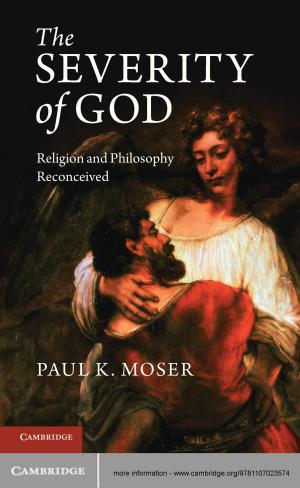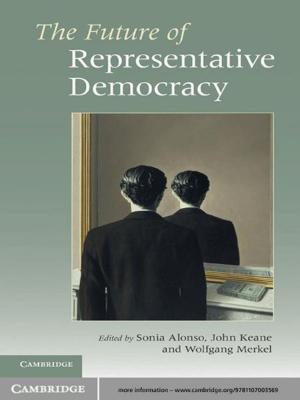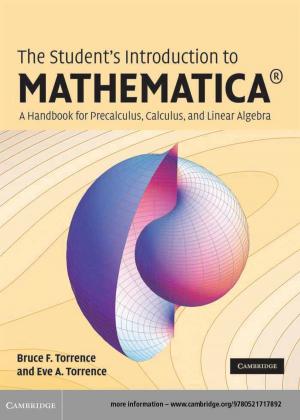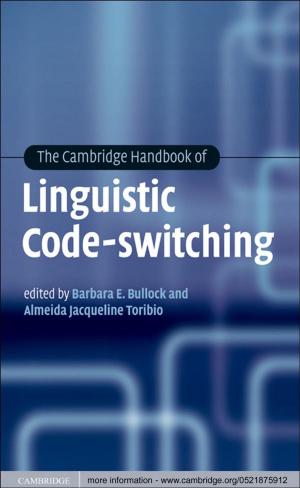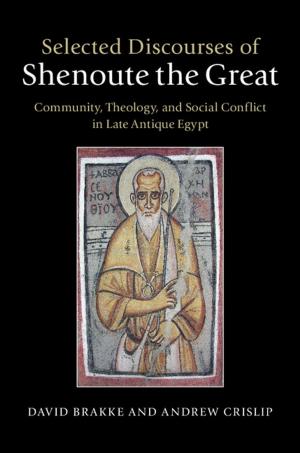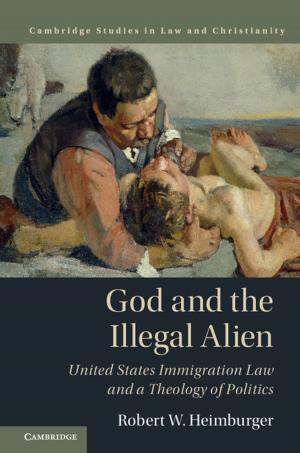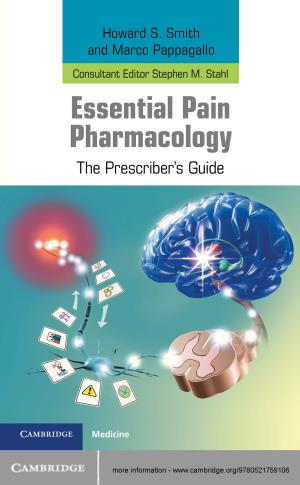Travel Narrative and the Ends of Modernity
Fiction & Literature, Literary Theory & Criticism, British| Author: | Stacy Burton | ISBN: | 9781107424982 |
| Publisher: | Cambridge University Press | Publication: | November 25, 2013 |
| Imprint: | Cambridge University Press | Language: | English |
| Author: | Stacy Burton |
| ISBN: | 9781107424982 |
| Publisher: | Cambridge University Press |
| Publication: | November 25, 2013 |
| Imprint: | Cambridge University Press |
| Language: | English |
Over the past century, narratives of travel changed in response to modernist and postmodernist literary innovation, world wars, the demise of European empires, and the effect of new technologies and media on travel experience. Yet existing critical studies have not examined fully how the genre changes or theorized why. This study investigates the evolution of Anglophone travel narrative from the 1920s to the present, addressing the work of canonical authors such as T. E. Lawrence, W. H. Auden and Rebecca West; best-sellers by Peter Fleming and H. V. Morton; and texts by Colin Thubron, Andrew X. Pham, Rosemary Mahoney, and others. It argues that the genre's most important transformation lies in its reinvention as a means of narrating the subjective experience of violence, cultural upheaval, and decline. It will interest scholars and students of travel writing, modernism and postmodernism, English and American literature, and the history and sociology of travel.
Over the past century, narratives of travel changed in response to modernist and postmodernist literary innovation, world wars, the demise of European empires, and the effect of new technologies and media on travel experience. Yet existing critical studies have not examined fully how the genre changes or theorized why. This study investigates the evolution of Anglophone travel narrative from the 1920s to the present, addressing the work of canonical authors such as T. E. Lawrence, W. H. Auden and Rebecca West; best-sellers by Peter Fleming and H. V. Morton; and texts by Colin Thubron, Andrew X. Pham, Rosemary Mahoney, and others. It argues that the genre's most important transformation lies in its reinvention as a means of narrating the subjective experience of violence, cultural upheaval, and decline. It will interest scholars and students of travel writing, modernism and postmodernism, English and American literature, and the history and sociology of travel.


